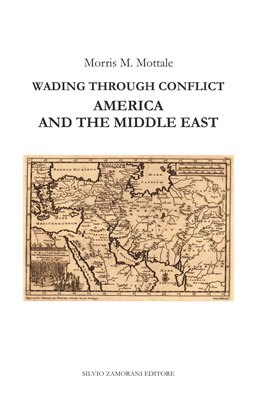This book outlines and develops the past and contemporary threads that run through American policies toward the Middle East at large. The analysis is focused on Washington’s national interests being set in a context that seeks equilibrium between ideological, religious, and territorial conflicts in the area. The more critical and problematic aspects of American foreign policy making derive from the difficulty of Washington’s decision makers to balance American strategic and economic interests with ideational values that in turn clash with the political and religious experiences of the area. As the prospects of conflict resolution in the Middle East become increasingly complex, American foreign policy in the area seems to be faced with ever more critical challenges compounded by terrorism, the Arab-Israeli conflict, religious cleavages, and political instability confronting many of the states in the area.
160 pp.






